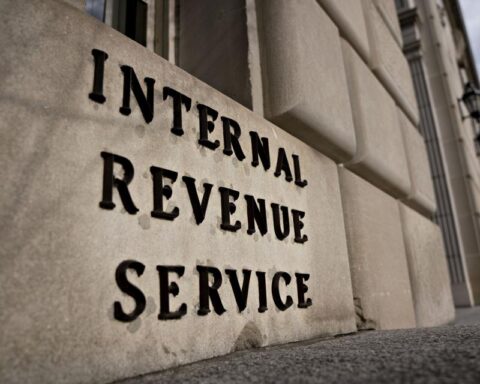COVID Tax Tip 2020-170, December 14, 2020
The Coronavirus Aid, Relief and Economic Security Act includes several temporary tax law changes to help charities. This includes the special $300 deduction designed especially for people who choose to take the standard deduction, rather than itemizing their deductions.
This change allows individual taxpayers to claim a deduction of up to $300 for cash donations made to charity during 2020. This deduction lowers both adjusted gross income and taxable income – translating into tax savings for those making donations to qualifying tax-exempt organizations.
Before making a donation, taxpayers should check the Tax Exempt Organization Search tool on IRS.gov to make sure the organization is eligible for tax deductible donations.
Cash donations include those made by check, credit card or debit card. They don’t include securities, household items or other property. Though cash contributions to most charitable organizations qualify, some don’t. People should review Publication 526, Charitable Contributions for details. Cash contributions made to supporting organizations are not tax deductible.
The CARES Act includes other temporary allowances designed to help charities. These include higher charitable contribution limits for corporations, individuals who itemize their deductions and businesses that give food inventory to food banks and other eligible charities. For more information, visit the Coronavirus Tax Relief page of IRS.gov.
By law, recordkeeping rules apply to any taxpayer claiming a charitable contribution deduction. Usually, this includes getting a receipt or acknowledgement letter from the charity before filing a return and retaining a cancelled check or credit card receipt.






